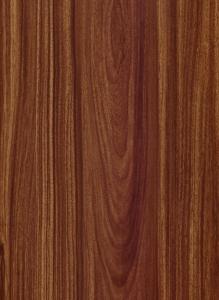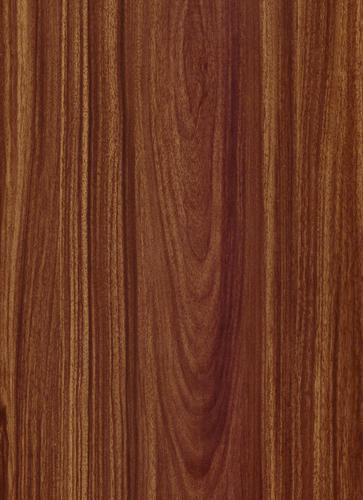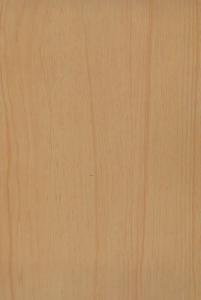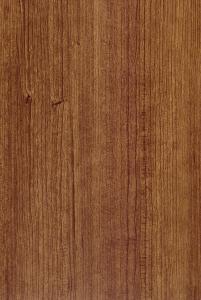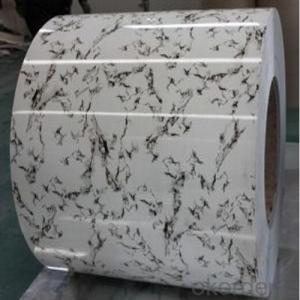1 2 in Aluminum Coil with Wood Grain Coating
OKorder Service Pledge
OKorder Financial Service
You Might Also Like
Aluminium coated sheetand coil choose aluminium sheet coil as raw material, after de-ester, cleaning,passivation layer processing, and then painting on this basis, the paint areprovided by famous international companies like PPG and Valspar from UnitedStates or Becker from Sweden, represent the most advanced level in the world.After the test of exposure by natural light in Florida, the quality assurance is more than morethan 20 years. As poor performance of color coated steel corrosion, rust,yellow rust after a large amount of the deficiency of serious impact on thebuilding's overall appearance. However, because of the advantages of rawmaterials, Aluminium coated coil have a high strength, corrosion resistance,high weather resistance, can be used recycle, save energy and protect theenvironment and other characteristics. Not only have the same strength with colorcoated steel, but also overcome the shortage of color coated steel. So, the Aluminiumcoated coil has been widely used as roofing and ceiling decorative envelopesystem board in modern constructions like large factories, exhibition halls,stadiums, airports, train station hospital and so on. We can choose Aluminiumcoated coil in different thickness and color, by cutting, pressing, punching,bending and other follow-up molding process for large span, the larger theoverall roofing, wall decorative panels used in construction; or cut them intosmall panels by bending, stamping mold or other processing for indoordecorative roofing plate; we can also composite them with polyurethane foam oraluminium honeycomb for energy-saving decorative wall plates.
Alloy | 1050,1060,1100,3003,3004,3005,3104,3105,5052,5005,8011 |
Temper | O,H42,H44,H46,H48 |
Thickness (mm) | 0.25mm-1.5mm for aluminium coated coil; 1.50mm-4.0mm for aluminium coated sheet. |
Width (mm) | 100mm to 2000mm |
Length (mm) | 800mm to 6000mm for sheet |
- Q: I am wondering if a deodorant made with aluminum silicate is safer than one with aluminum salt.
- aluminum silicates have been used in deodorants for years. there was a time when it was thought that the Al in the deodorants was causing alzheimers but that has been shown to be wrong. if there are other dangers to the silicates, we haven't found them or they aren't that bad
- Q: Well, we've got the existing old school 7 layers of peeling yucky painted siding and we're trying to weigh our options. So here's my questions:1) Is it cost effective to replace Aluminum with Vinyl?2) Is Vinyl truly as costly as we keep hearing? **Home is small 1,100 sq.ft with a 2.5 car Garage**3) Is painting this existing siding a wise choice since the current paint job on it looks terrible? We just need to make it more a home, right now it's gorgeously all new and redone inside and on the outside it still resembles the day we bought it in forclosure. Aside from my green grass I busted my butt on last summer.Please advise.
- Vinyl siding, the kind that is single thickness with no backer, will bend, buckle, and distort in about 5 years. The vinyl siding with foam backer is somewhat better but not much. It will look badly in years to come. . Just drive around and look at some of those homes built just a couple years ago with that stuff on them. Notice how twisted and buckled and bent and crooked that stuff has become. Plain terrible I think. Paying that much for a house, it should last a lifetime. There are COATING companies around that will come and clean your existing aluminum siding, They will remove dents, apply a 2 part epoxy primer, and then a two part Vinyl coating that will last for 30 years under a warranty. These coatings can also be applied to wood siding, they give it a renewed look, and no painting ever again. You cannot do this yourself. It is done with airless type sprayers and it lasts literally forever. I had this done to my aluminum underhangs and gutter and wood window wells on my brick house. That stuff is so tough and smooth that even dirt or dust doesnt stick to it. Look under Vinyl Coatings in the Yellow Pages. If there is a home show in your area, go to one of those and you can see these new coatings. They are really superior to any painting you can do yourself, Yes, they cost a bunch more but they are well worth it in the long run. That Aluminum on there is 100 Times better than any vinyl will ever be. It will last indefenitely. Dont be fooled by some vinyl salesman's pitch of insulating qualities of vinyl with that thin 1/4 inch of foam on the back. That is nonsense, that thin of a foam in a side wall means nothing on insulation value for your house. Stick with your Aluminum and your wood siding and window trims, get it coated and you will be very happy with that.
- Q: What are the different grades of aluminum used in coil production?
- The different grades of aluminum used in coil production typically include 1100, 3003, and 5052. These grades vary in terms of their composition and properties, allowing for specific applications and requirements in various industries.
- Q: What is an aluminum coil and what is it used for?
- An aluminum coil is a long, thin, and flat strip of aluminum that is typically rolled up. It is used in various industries, including construction, automotive, and electrical, due to its excellent properties such as lightweight, corrosion resistance, and conductivity. Aluminum coils are commonly used for manufacturing various products like roofing, gutters, cans, heat exchangers, and electrical wiring, among others.
- Q: Can aluminum coils be utilized as a material for crafting jewelry?
- <p>Yes, aluminum coils can be used for making jewelry. Aluminum is a lightweight, durable, and affordable metal that is often used in costume jewelry and for decorative purposes. It can be easily shaped, bent, and manipulated into various forms, making it suitable for creating intricate designs. However, it's important to note that aluminum is a softer metal and may not be as durable as other metals like stainless steel or silver, so it may not be ideal for pieces that will be worn daily or subjected to significant wear and tear.</p>
- Q: Can aluminum coils be used in the production of cookware?
- Yes, aluminum coils can be used in the production of cookware. Aluminum is a popular choice for cookware manufacturing due to its excellent heat conductivity, lightweight nature, and affordability. Aluminum coils can be shaped and formed into various cookware items such as pots, pans, and baking sheets, providing efficient and even heat distribution for cooking purposes.
- Q: Are aluminum coils applicable in the manufacturing process of automobiles?
- <p>Yes, aluminum coils are widely used in automobile manufacturing. They are utilized in various components such as engine parts, body panels, and wheels due to their lightweight, corrosion resistance, and strength. Aluminum's recyclability and energy efficiency also make it an environmentally friendly choice for the automotive industry.</p>
- Q: Can aluminum coils be used in the production of aluminum honeycomb panels?
- Yes, aluminum coils can be used in the production of aluminum honeycomb panels. Aluminum coils are commonly used as the primary material for making aluminum honeycomb panels. The coils are typically processed and shaped into thin sheets or layers, which are then bonded together with an adhesive to form the honeycomb structure. This lightweight and durable structure makes it ideal for various applications, such as aerospace, construction, and transportation industries.
- Q: Supposably water ozidies it what ever that means so how in the world do i clean an aluminum bike if i cant use water? i like to use water and soap on my carbon bike so what do i use on a aluminum?
- For painted metal, supports, grips, vinyl seat, tires and spokes, use a solution of 1-part Simple Green to 30-parts water — spray onto soiled areas. Wipe immediately with damp cloth to rinse, followed by dry towel — making sure to completely dry the area cleaned. My point is to show that you are supposed to cut the Simple Green with 30 parts of water. MOST people don't do this step. Simple Green (and many other cleaners) are very concentrated. NEVER clean a bicycle with this kind of cleaner without proper dilution. Read labels. Follow directions. Full strength Simple Green has enough butyl solvent to corrode bare aluminum on brake surfaces on wheels and if the wheel is too wet it can actually melt the glue of the rim strip by seeping in the spoke holes. I have seen this at bike shops a lot. The cleaner (if sprayed full strength around bearings) over spray has the potential to break down the grease -- after all it is a degreaser. Always dampen a cloth or sponge in your cleaning solution and wipe down a bike. Don't spray it.
- Q: What are the necessary safety measures to be taken while handling and using aluminum coils?
- <p>When using aluminum coil, safety precautions include wearing appropriate personal protective equipment such as gloves and safety glasses to prevent cuts and eye injuries. Ensure good ventilation to avoid inhaling aluminum dust or fumes. Keep the work area clean and free from clutter to prevent tripping hazards. Use proper tools to handle the coils to avoid strain or injury. Be cautious of electrical hazards if the aluminum coil is being used in conjunction with electrical equipment. Always follow the manufacturer's guidelines for safe operation and storage of aluminum coils.</p>
Send your message to us
1 2 in Aluminum Coil with Wood Grain Coating
OKorder Service Pledge
OKorder Financial Service
Similar products
Hot products
Hot Searches
Related keywords
